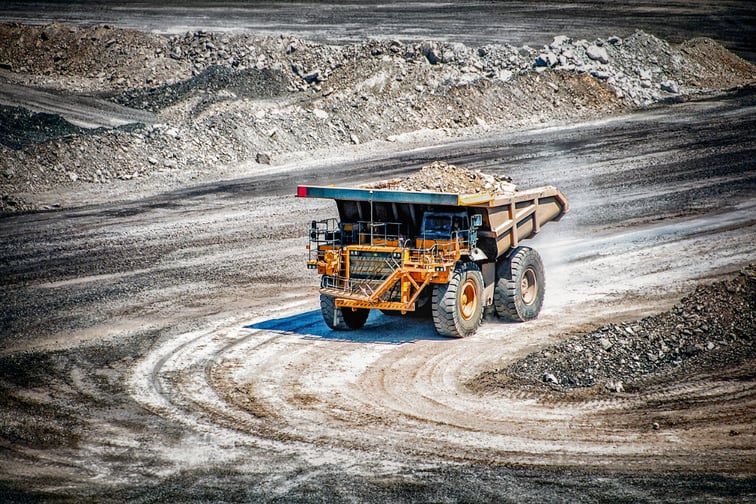

Lucas Dow, the chief executive officer (CEO) of controversial company Adani Australia (Adani), is calling for more support for the coal sector, which has been shunned by insurers and banks as they drift away from fossil fuels.
Adani has been making the news for a while as insurers, underwriters, banks, and sponsors cut ties with the company and projects, including the Carmichael coal mine.
In a Sydney speech, Dow urged lawmakers to protect the coal sector by “ensuring coal communities can access reasonably priced finance and insurance services.”
“It’s time for our political leaders of all colours to step in and act where the market has failed,” he said, as reported by Bloomberg.
The Adani executive’s appeal comes before the national election on May 21, in which the role of coal – Australia’s second-biggest commodity export – is the focus of political debate, especially as the conflict between Ukraine and Russia took part in squeezing international energy markets that led to increased short-term demand for Australian coal.
In 2021, a spokesperson for Adani told Insurance Business that its coal mining project in central Queensland has insurance and expects to export coal by the end of the year, emphasising that developing nations need a mix of energy solutions to meet their economic needs.
However, legislators have been facing growing pressure to accelerate climate action and plan for a future that diminishes coal’s global role. Insurers have also been a target of climate campaigners in concerning their attachment to the Adani coal mine in Australia, with many already ruling out insurance and underwriting for the controversial company and its projects or vowing to cut ties with it when their contract expires.
In a statement released in February 2022, Market Forces campaigner Edoardo Riario Sforza urged insurance companies to run “a mile from Adani’s climate-wrecking coal mine.”
“The fact there are now 43 major insurers on the public record saying they won’t touch the Carmichael project demonstrates the reputational risk any company associated with it faces,” Sforza said.
